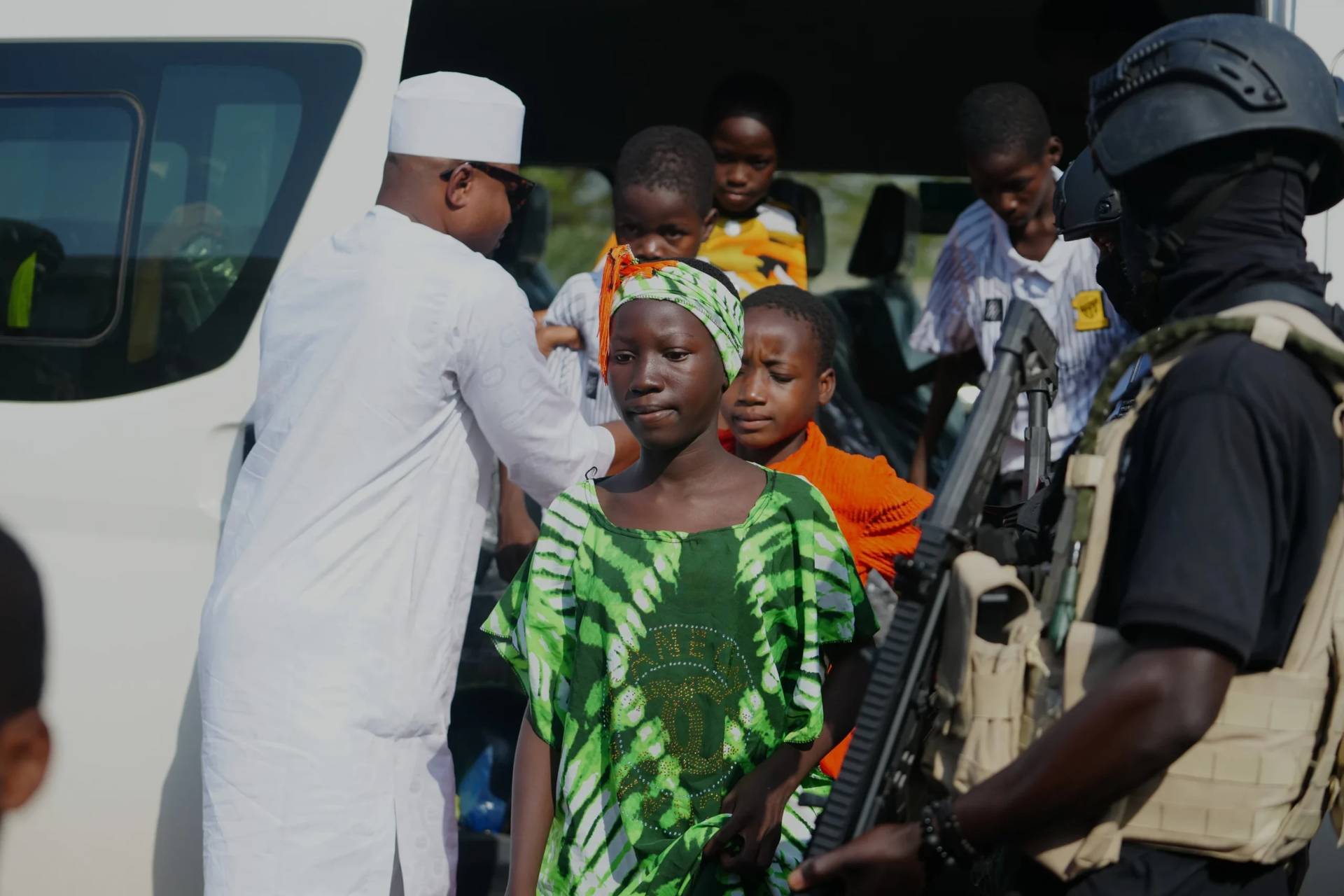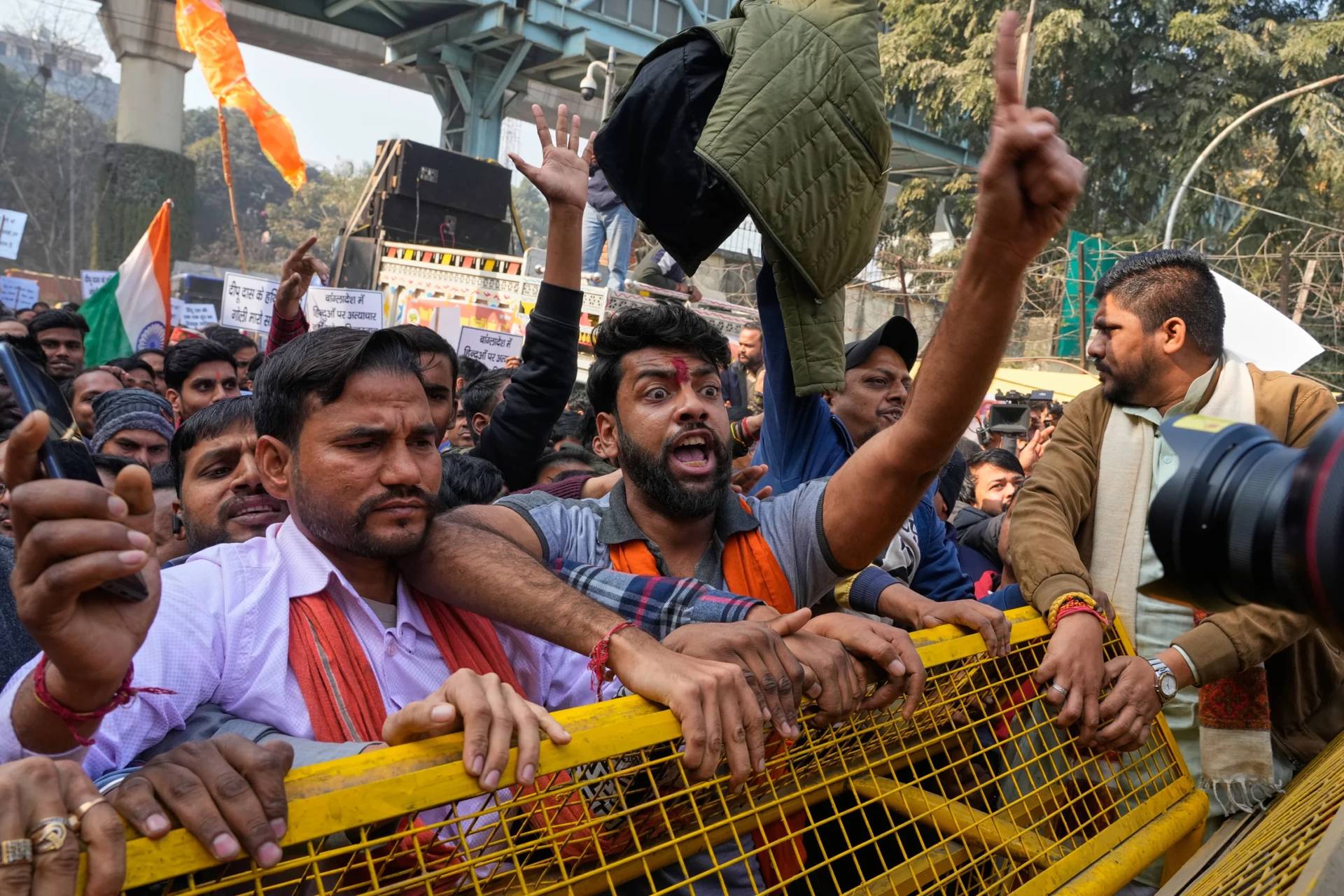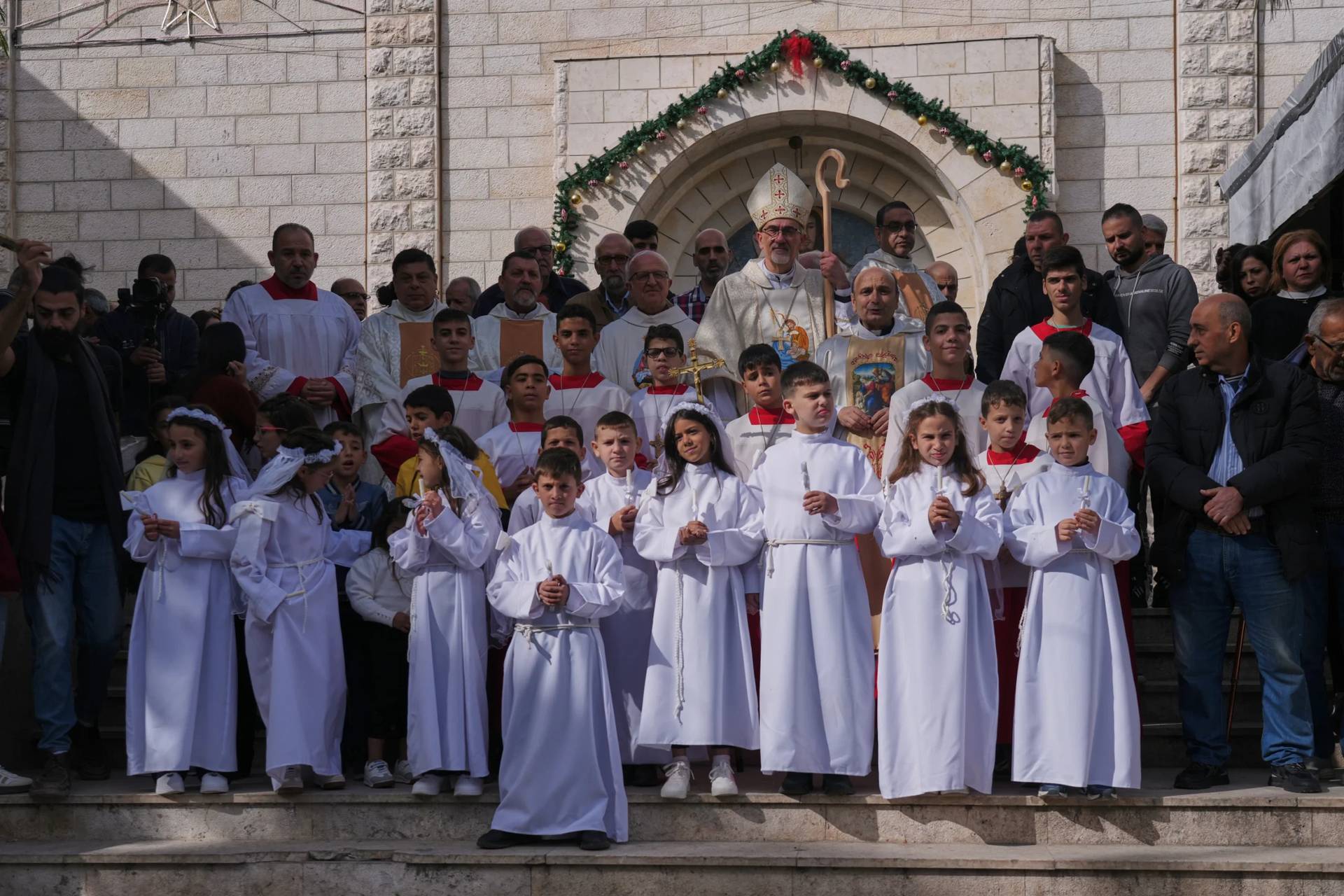ROME – On the clerical sexual abuse scandals that have rocked Catholicism anew in recent months, the pope’s top aide has said the Church must do “everything possible, and even the impossible, to eliminate this phenomenon.”
At the same time, Italian Cardinal Pietro Parolin, the Vatican’s Secretary of State, also defended the Church’s response to date.
“We have to recognize that the Church has made enormous progress,” Parolin said in an interview with the Italian broadcast network TV2000. “It’s developed a progressive awareness of the problem, of the devastation these acts have produced in victims, and it’s tried to react.”
“Certainly, we’re human and we don’t always reach perfect results,” Parolin said, “but I believe there’s been commitment to determination.”
In terms of an upcoming Feb. 21-24 summit on the abuse crisis for presidents of bishops’ conferences from around the world, Parolin described it as “another sign in this direction.”
“It’s a confirmation of the commitment in favor of victims, and of attention to avoiding every type of cover-up and to create a safe environment,” he said. “The theme of the meeting will be, above all, the protection of minors and vulnerable persons.”
Parolin conceded that the scandals have damaged the Church’s moral authority.
“Certainly, it’s undermined the credibility of the Church,” he said. “I’m disappointed not so much for the institutional Church, which I consider a mother and which I always love, but because all this gets in the way of announcing the Gospel.”
“We have to recover credibility and authoritativeness,” Parolin said. “The Church has taken notable steps … but we have more work to do so that the faithful and the baptized can find anew in the Church an ambit of life and of witness.”
Parolin did not address any specifics about the Church’s response to the abuse scandals, including his own responsibility for reviewing all information in the Vatican’s possession regarding the case of ex-Cardinal Theodore McCarrick in the United States.
The Vatican announced in early October that Pope Francis had ordered the review and vowed that results would be presented “in due course,” but has said nothing since that time about its status or timeline.
On another front, Parolin said that despite a standing invitation from Iraqi President Barham Sali for Francis to visit the troubled Middle Eastern nation, for now security conditions rule out such a trip.
“For a trip by the pope to Iraq, there has to be minimum conditions to allow the trip to take place which, at the moment, don’t exist,” Parolin said.
“Certainly, there are great expectations [for a papal visit] on everyone’s part: the country’s leaders, some Muslims whom I had the chance to meet, and above all the Christian communities that feel the need to have the pope in order to feel confirmed in the faith and encouraged in their situation,” Parolin said.
“I hope that the conditions [for a trip] will take shape and that the pope will be able to go to Iraq as soon as possible,” Parolin said.
Over the Christmas holidays Parolin visited Iraq, including a stop on the Nineveh Plains in the northern part of the country where the Christian community is struggling to rebuild after an ISIS occupation that saw most of their churches, businesses and homes either damaged or destroyed.
“The problem of terrorism hasn’t been overcome, and from my trip in Iraq the impression I had was confirmed by knowledgeable people, which is that the roots of the problem are still there,” Parolin said.
“The theme of security is certainly very important, but [combatting] the fundamentalism and radicalism one sees in the extreme forms of terrorism also require an education in reciprocal respect and fraternity,” the Italian prelate said.
Parolin added that Christian/Muslim dialogue has been a priority for Francis since the beginning of his pontificate, and it will continue to be so in 2019 – including a looming Feb. 3-5 trip to the United Arab Emirates, followed by an outing to Morocco in March.















